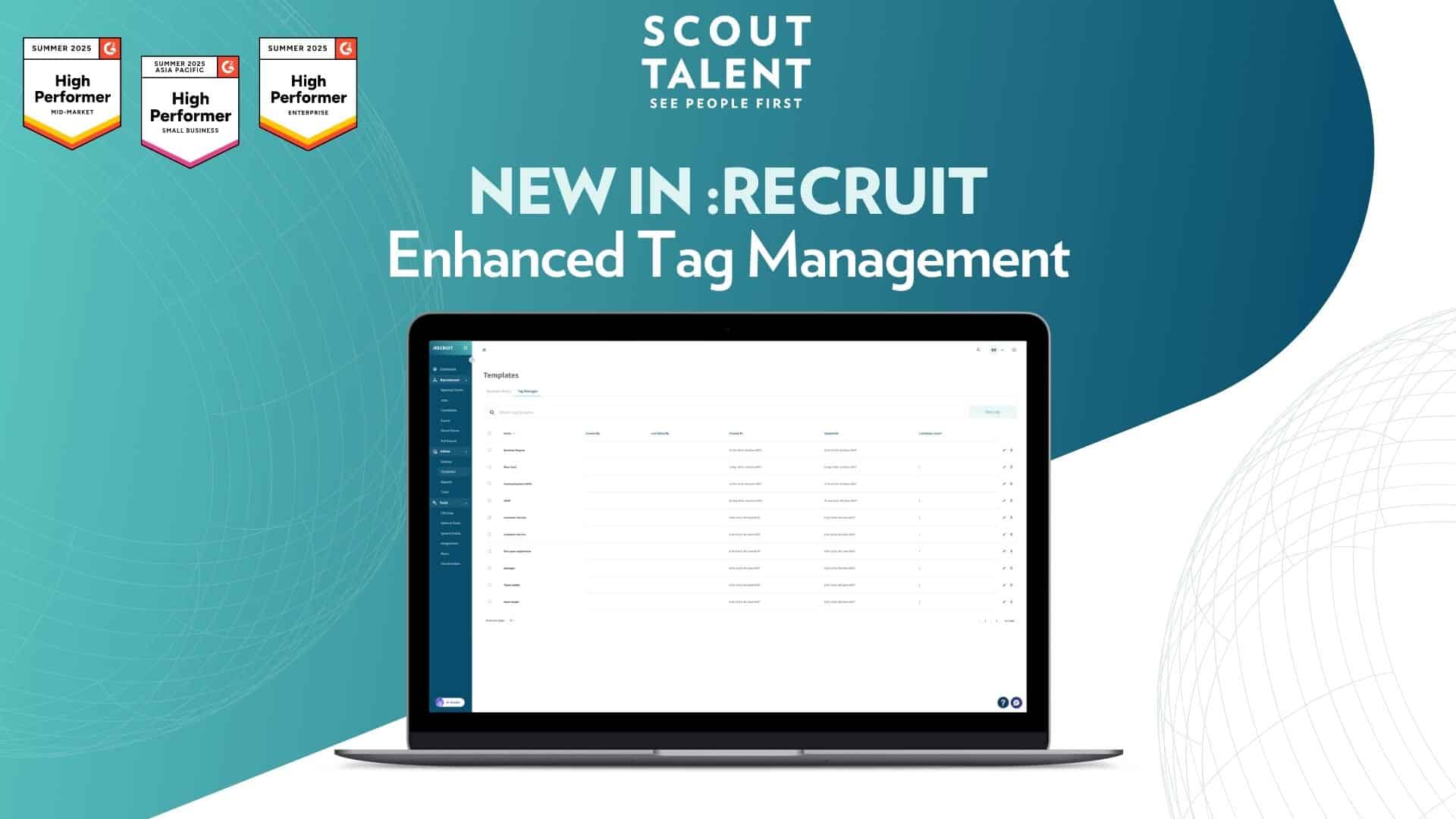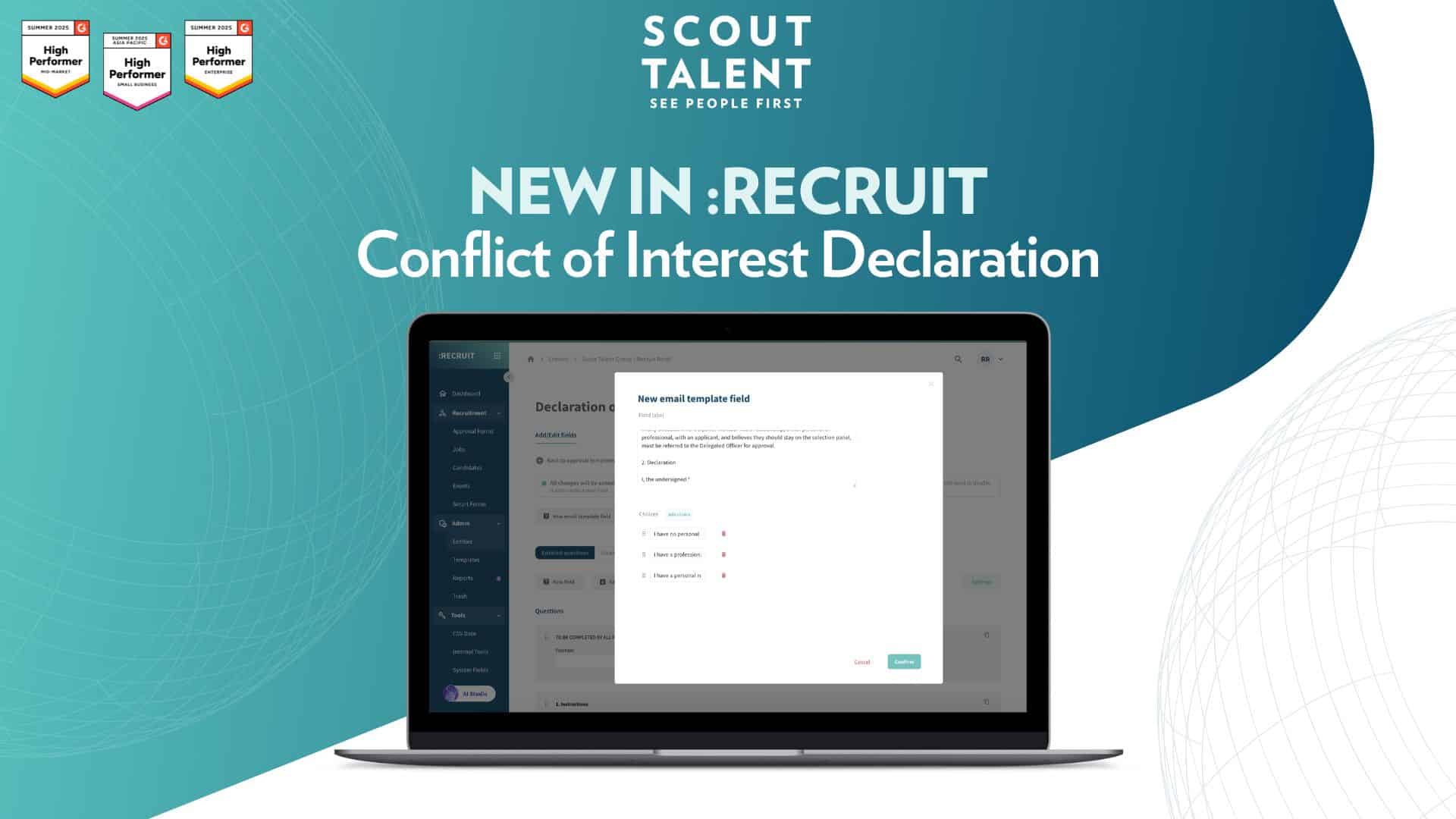The national skills shortage is predicted to grow to 29 million skills in deficit by 2030, and organizations are feeling the squeeze. While technical skills, knowledge and qualifications are essential drivers for your organization’s success, soft skills are the currency of the future.
According to LinkedIn’s Global Talent Trends report, 92% of talent acquisition professionals state soft skills are equally or more important to hire for than hard skills. 89% stated when a new hire doesn’t work out, it’s due to a lack of critical soft skills. Two-thirds of jobs created in the next ten years are expected to be strongly reliant on skills like communication and empathy.
While specialized knowledge and hard skills are essential to an efficient, qualified workforce, it’s soft skills that will determine how your people will handle problems, communicate with colleagues and clients, and respond to different business situations. Soft skills are often the deciding factor if you’re struggling to differentiate between top candidates with the same hard skill sets.
Here are three top-rated soft skills and how recruiting for these skills will give you a competitive edge in today’s market.
Communication
Communication is seen as the foundation of every other soft skill. Why? Because communication is the “umbrella” covering other skills such as “speaking, active listening skills, presentation skills and more.”
It provides the foundation for relationships between employees and their senior team members. Managers should be able to communicate effectively with their team members about tasks, improvements and when providing praise.
Emotional Intelligence
Emotional Intelligence (often abbreviated to EQ) is the ability to understand the reactions and perspectives of others and handle this with empathy.
Besides communication skills, emotional intelligence has become an important attribute for candidates in the current job market. Today, more organizations are looking for people with EQ skills. This includes the ability to work within a team, the ability to motivate and persuade, empathetic listening and building consciousness.
You can determine whether someone has high EQ abilities by the way they present themselves during interviews and the way they demonstrate their value.
They don’t rely purely on their past experience and accomplishments. They will have actively researched your organization and be able to provide examples of potential contributions that are directly relevant. They are really good at making a great impression.
Critical thinking
This skill is subtle but highly valuable. Critical thinking and the ability to question assumptions is often lacking in today’s world; the abundance of technological innovation, tools and information has made certain traditional problem-solving methods redundant.
There is a subtle difference in the way someone identifies a challenge, without assuming it can be solved the same way it was a year or two ago. Someone skilled at questioning assumptions will consistently question how decisions are reached, without straying from standards and regulatory requirements.
Successful candidates who survive and thrive usually have a combination of excellent communication skills, troubleshooting skills, the ability to work under pressure and integrity.
While the combination of soft skills required in your organization may differ from role to role, it’s important your potential hires can demonstrate they have these skills – even if their ability to use these skills in harmony will develop in their role over time.
Your organizational culture is unique. Be mindful that it can be challenging for candidates to take their soft skills and apply them to a new context immediately. Making a new hire comes down to solving an organizational challenge in one way or another. What matters is whether you can see the candidate being able to use their hard and soft skills to be able to solve these challenges.



